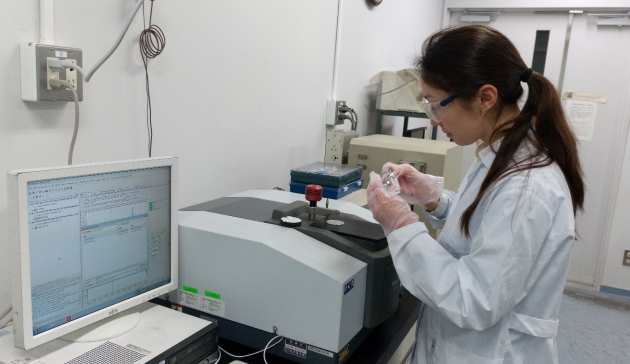In March 2018 I was given an amazing opportunity to take part in the first ever Imperial-Tokyo Tech Global Fellows programme, which was built around the core theme of "Innovation to Eradicate Poverty". During the first week of the programme, 20 Imperial College London and 20 Tokyo Tech students came together to learn more about poverty and the role of innovation in alleviating it. I really enjoyed the teambuilding activities, which brought us out of our comfort zone, while allowing us to get to know each other better. Following those, we were split into teams of four to develop a proposal, which could have a potential to become a working solution for poverty eradication. Our team came up with an idea of "Lab-2-Go" for an early and accurate detection of malaria in remote areas and even got into the finals!

For the next three weeks, I was a visiting researcher in a lab, working on synthesis and characterisation of SiO2-C nanofibers as anode materials for lithium-ion batteries. The research stay was supported by a bursary from the International Relations Office, hence, it was a hassle-free way of immersing oneself in a new research environment. Over the course of three weeks, I synthesised various samples of SiO2-C nanofibers and compared their performance as anode materials for Li-batteries. I have to say that since my research stay overlapped with end of year holidays in Japan, I could not meet as many group members as possible. However, those whom I met were very supportive and always ready to help learn a new technique, characterisation method, or even give tips on where to get the most delicious ramen near the campus. Overall, it was a tremendous learning experience that allowed me not only to discover working in a Japanese research culture (remember to always say “otsukare sama desu” at the end of the day!), but also meeting talented PhD researchers from various backgrounds and building lifelong connections with them.
" Overall, it was a tremendous learning experience that allowed me not only to discover working in a Japanese research culture (remember to always say “otsukare sama desu” at the end of the day!), but also meeting talented PhD researchers from various backgrounds and building lifelong connections with them."